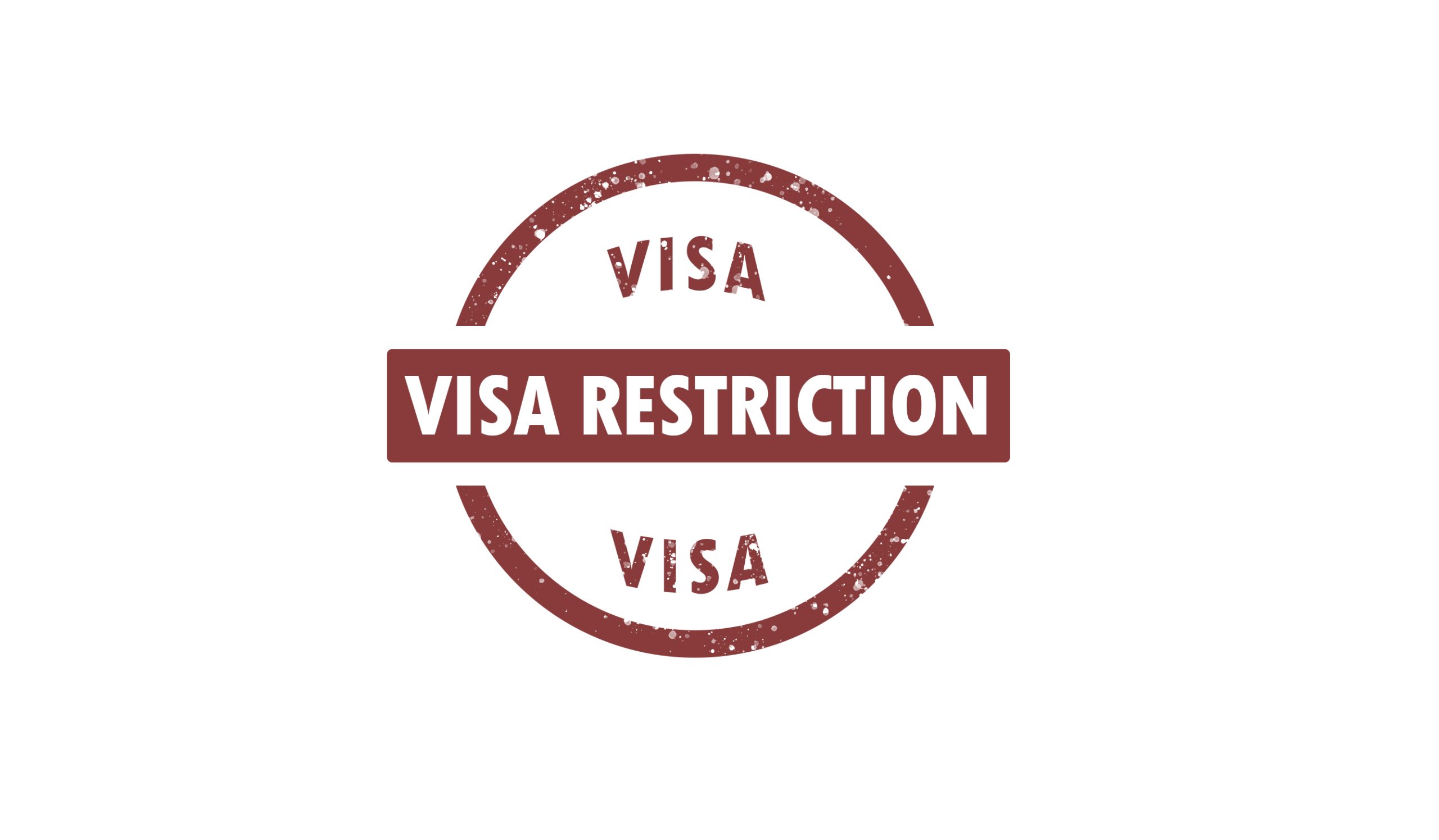How the UK’s New Visa Rules Affect International Students and Their Families
The UK government has recently introduced a new set of visa rules for international students, which aim to reduce immigration and protect the domestic labour market. However, these changes also have a significant impact on the students’ families, who may no longer be able to join them in the UK.
What are the new visa rules?
The new visa rules, which came into effect on Monday, January 1st 2024, apply to international students who are starting courses in the UK from this date onwards. They are part of the UK’s new points-based immigration system, which awards points to applicants based on their skills, qualifications, and other criteria.
According to the new rules, international students who are studying at undergraduate level or below are no longer allowed to obtain visas for their dependants, such as spouses, partners, or children. This means that they cannot bring their family members with them to the UK, unless they are on a postgraduate research programme (such as a PhD) or a Government-sponsored course (such as a Chevening Scholarship).
The new rules also affect the work rights of international students and their dependants. International students who are studying at degree level or above can work for up to 20 hours per week during term time and full-time during holidays, but their dependants can only work if the student is on a postgraduate research programme or a Government-sponsored course. Otherwise, their dependants are not allowed to work at all in the UK.
Why did the UK introduce the new visa rules?
The UK government has stated that the new visa rules are designed to “attract the brightest and the best” international students, while also “protecting the UK from those who might seek to take advantage of our world-leading education system”. The government claims that the new rules will ensure that international students contribute to the UK economy and society, and do not displace or undercut British workers.
However, some critics have argued that the new visa rules are unfair and discriminatory, and that they will deter international students from choosing the UK as their study destination. They have also raised concerns about the impact of the new rules on the students’ mental health, academic performance, and integration.
How do the new visa rules affect international students and their families?
The new visa rules have a significant impact on the lives and choices of international students and their families. For many students, the ability to bring their family members with them to the UK is an important factor in their decision to study abroad. However, under the new rules, they may have to face the difficult dilemma of either leaving their family behind or giving up their study plans.
For those who do manage to bring their family members with them to the UK, the new rules also pose various challenges. For instance, the dependants of international students who are not on a postgraduate research programme or a Government-sponsored course are not allowed to work in the UK, which means that they may struggle to support themselves financially, find meaningful occupation, or integrate into the local community.
Moreover, the new visa rules may also affect the students’ academic performance and well-being. According to a study by the UK Council for International Student Affairs (UKCISA), international students who are accompanied by their dependants tend to have higher levels of satisfaction, motivation, and retention than those who are not. However, the new rules may create additional stress and anxiety for the students and their families, especially in the context of the COVID-19 pandemic and the uncertainty surrounding the UK’s post-Brexit future.
How will this affect the UK’s education sector?
The UK’s education sector is one of the most popular and lucrative destinations for international students, attracting over 600,000 students per year and generating over £20 billion in export earnings. The government says that it remains committed to the UK’s International Education Strategy, which aims to increase the number of international students to 800,000 by 2030.
However, some education experts and stakeholders have expressed concern that the new rules will deter some students from choosing the UK, especially those who have families or who come from cultures where family ties are strong. They argue that the UK’s reputation as a welcoming and diverse destination will be damaged, and that the UK will lose out on the social and cultural benefits of having a diverse student population.
Conclusion
The UK’s new visa rules for international students are a significant change that affect the students’ families and their study experience. However, by seeking advice and support, exploring alternative options, staying in touch with family, making friends, and taking care of health, international students and their families can cope with the situation and enjoy their time in the UK.
Heinrich Busumuru is a seasoned contributor to Nfinithub.com, where they provide their specialized knowledge on a wide range of subjects, including finance, technology, gaming, travel, and more. Their enthusiasm for learning and sharing insights is evident in each of their contributions. Heinrich possesses extensive expertise and experience in the technology industry, with a particular focus on IT and electrical engineering.


Leave a Reply